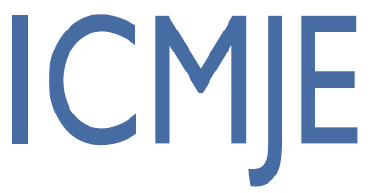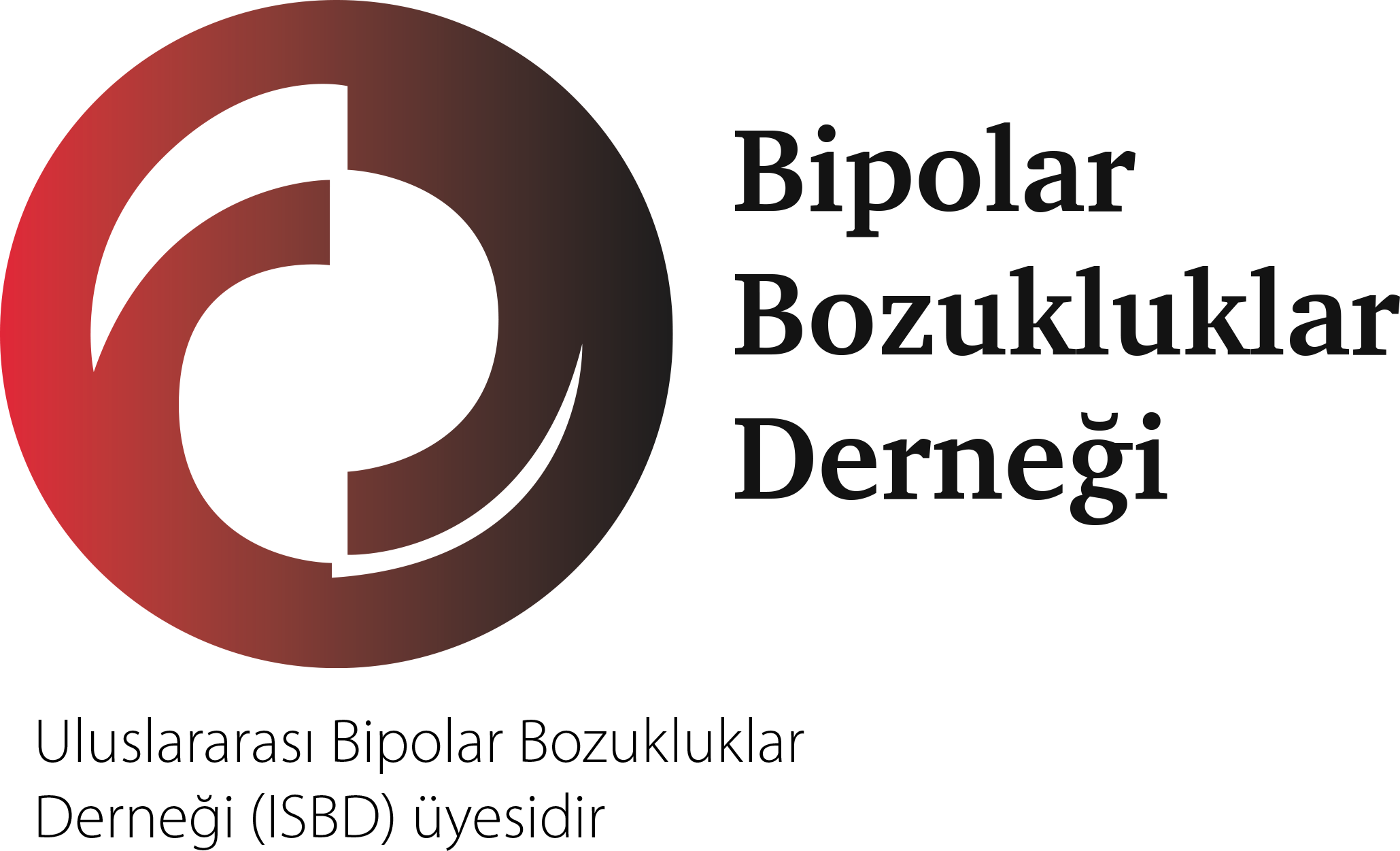




Hastanede yatarak tedavi gören çocuklar: Psikososyal uyumu etkileyen faktörler üzerine bir araştırma (tur)
Bürge Kabukçu Başay1, Ömer Basay1, Atacenk Ürüt2, Berkay Hasmercan2, Melisa Uysal2, Beyzanur Eren Usul21Pamukkale Üniversitesi Tıp Fakültesi, Çocuk Ve Ergen Ruh Sağlığı Ve Hastalıkları Ana Bilim Dalı, Denizli2Pamukkale Üniversitesi Tıp Fakültesi, Tıp Fakültesi Öğrencisi, Denizli
GİRİŞ ve AMAÇ: Çalışmamızın amacı hastanede çeşitli nedenlerle yatarak tedavi görmekte olan çocukların psikososyal güçlüklerinin, çocukla ilgili, ailesel-çevresel ve hastalık-tedavi ile ilgili nedenlerle ilişkisinin araştırılmasıdır.
YÖNTEM ve GEREÇLER: Şubat 2018-Mayıs 2019 tarihleri arasında bir Üniversite Hastanesi yataklı servislerinde yatmakta olan 6-12 yaş arası çocukların (n=171; 92 kız, 79 erkek; yaş ortalaması=9.26±2.17) yanında refakat eden bakım verenleri ile görüşme yapılarak çalışma için oluşturulmuş olan “Bilgi Formu” ve “Hastanede Yatan Çocuklar İçin Psikososyal Semptomları Tanılama Ölçeği” doldurulmuştur. Ölçeğin 5 alt boyutu üzerinden çocukların yaşadığı anksiyete, umutsuzluk, iletişim güçlüğü, öfke-saldırganlık, regresyon ve toplam psikososyal güçlük puanları değerlendirilmiş; bu güçlüklerin çocuk, aile-çevre ve hastalık-tedavi ilişkili parametrelerle ilişkisi incelenmiştir.
BULGULAR: Küçük yaşta olma, düşük anne eğitimi, ailenin algıladığı sosyal desteğin düşük olması, uzun yatış süresi ve tedavi sürecindeki girişimsel işlemler psikososyal uyumun bozulması ile ilişkili bulunmuştur (p<.05). Kız çocukları erkeklere göre daha fazla regresyon göstermiştir (z=-2.269; p=.023*). Kırsal alanda ikamet eden ve hastaneye il dışından gelen çocuklarda iletişim güçlükleri daha fazladır (p<.05). Baba eğitimi, ailenin gelir durumu, ameliyat geçirmiş olma öyküsü ve kronik/akut hastalığa sahip olma istatistiksel olarak anlamlı farklılık oluşturmamıştır (p>.05).
TARTIŞMA ve SONUÇ: Yatarak tedavi sürecinde uyum güçlükleri açısından daha riskli olan çocukların farkında olmak, onların psikososyal uyumlarını artırmaya yönelik destekleyici ve koruyucu önlemleri almak önemlidir.
Anahtar Kelimeler: regresyon, fiziksel hastalık, sosyal destek, tıbbi operasyon
Hospitalized children: A study on the factors affecting psychosocial adjustment (tur)
Bürge Kabukçu Başay1, Ömer Basay1, Atacenk Ürüt2, Berkay Hasmercan2, Melisa Uysal2, Beyzanur Eren Usul21Pamukkale University Faculty Of Medicine, Department Of Child And Adolescent Psychiatry, Denizli, Turkey2Pamukkale University Faculty Of Medicine, Medical School Student, Denizli, Turkey
INTRODUCTION: The aim of our study is to investigate the relationship between the psychosocial difficulties of children who were hospitalized for various reasons, with child-related, familial, environmental and disease/treatment-related factors.
METHODS: Between February 2018-May 2019 the caregivers of 6-12 years old children (n=171; 92 girls, 79 males; mean age= 9.26± 2.17) who were treated in the inpatient services of a University Hospital were interviewed and an “Information form” constructed for the present study and “Psychosocial Symptom Diagnosis Scale for Inpatient Children” were filled. The anxiety, hopelessness, communication difficulties, anger-aggression, regression and total psychosocial difficulties of the children were evaluated over 5 sub-dimensions with the total scale score; the effects of child, family-environment and disease-treatment related parameters on psychosocial difficulties were assessed.
RESULTS: Younger ages, low maternal education, low perceived social support of the family, long hospital stay and invasive procedures in the treatment were associated with impaired psychosocial adjustment (p<.05). Girls showed more regression than boys (z=-2.269; p=.023*). Children who were living in rural areas and came to the hospital from outside the province were more likely to have communication difficulties (p<.05). Father's education, family income, history of having surgery, and having chronic/acute illness did not account for a statistically significant difference (p>.05).
DISCUSSION AND CONCLUSION: It is important to be aware of children who are at greater risk for adjustment difficulties during inpatient treatment. We should be sensitive and take supportive and protective measures to improve their psychosocial compliance.
Keywords: regression, physical illness, social support, medical operation
Makale Dili: Türkçe
(5815 kere indirildi)












